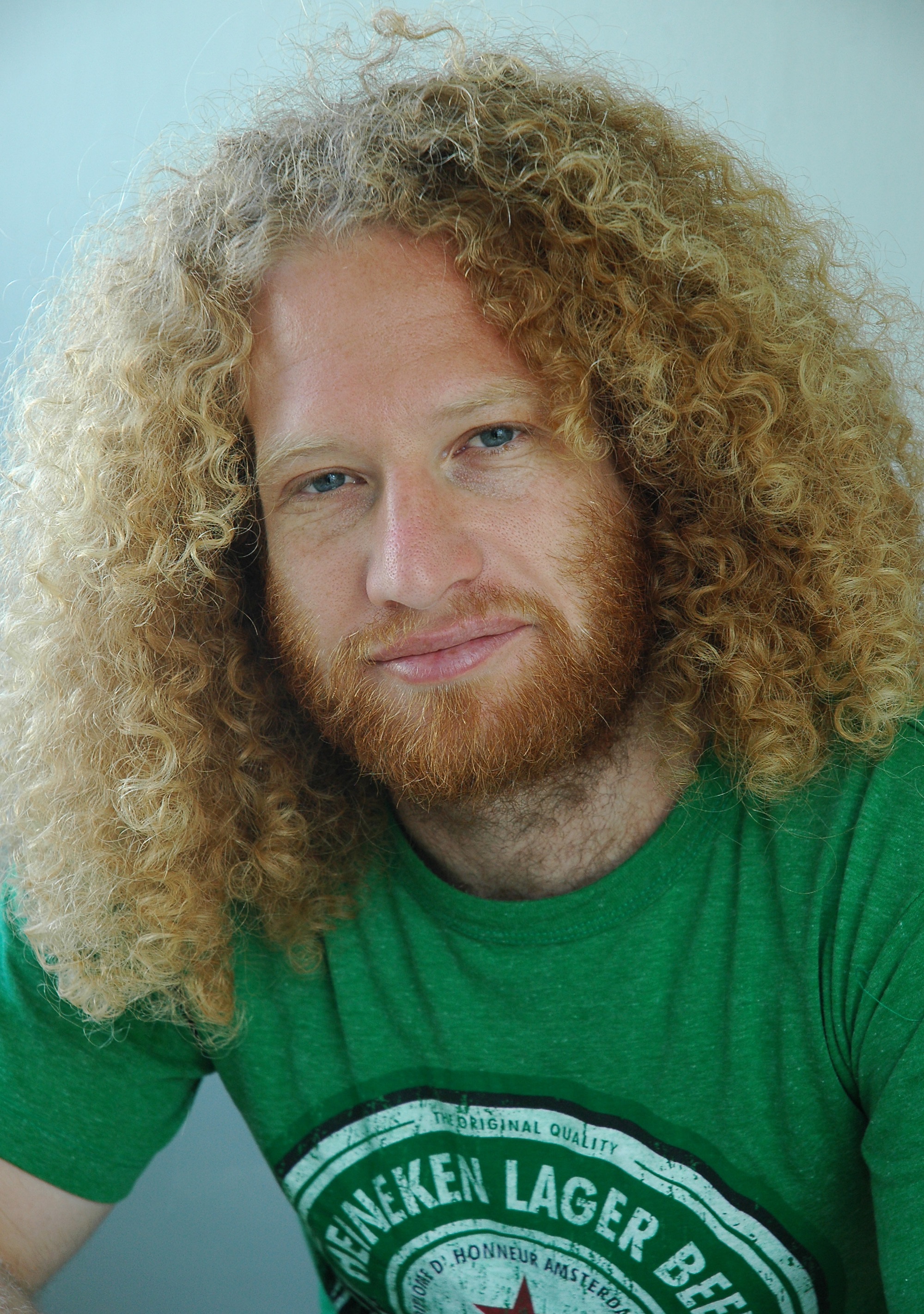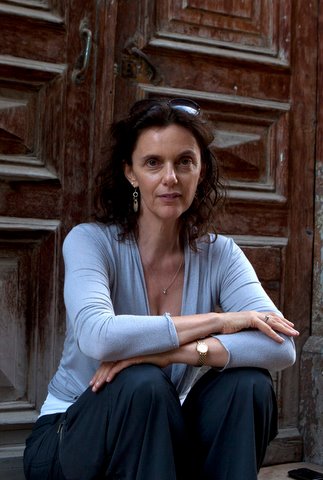Two Poems
After a Night in the Alley of Worshippers
The point is not the frayed light of six a.m.
or the barking of dogs, half-crazed by the scent
of blood, who we had to drive away.
Nor the fatigue from a night spent deep
in death, the network that only now falls
silent, the shouts from the platoon above, identifying
bodies, the sense that all this was to be expected.
The point is not how they lay there, after
the dogs lunged into them, their faces
distorted, their wounds festering, strewn together,
black-garbed, the dirt of the road stained darker
by their blood. One held the trace of a smile,
not wicked or revengeful, just lost.
The point is, I volunteered, and Vish, the officer,
was my friend. But when we got there I could not,
I simply could not. To this day I see Vish and a soldier,
shoving them into the armored truck. They are dropped,
are dragged, I don’t have a better image for all this:
the bodies dragged, dropped,
over and over.
Unity
We travel the silk road of evening,
tobacco and desire flickering
between our hands. We are warm travelers,
our eyes unfurled, traveling in psalms,
in Rumi, in the sayings of the man from the Galilee.
We break bread under the pistachio tree,
under the Banyan tree, under the dark
of the Samaritan fig tree. Songs of offering rise up
in our throats, wandering along the wall of night. We travel
in the openness of warm eternity, celestial voices
announcing a coupling as the quiet horse gallops
heavenward. We travel with the rest of the world,
with its atrocities, its piles of ruins, scars of barbed wire,
traveling with ardor in our loins, with the cry of birth.
We sit crossed-legged within the rocking
of flesh, the quiet of the Brahmin, the bells
of Mass, the tumult of Torah. We travel
through the eagles of death, dilution of earth in rivers,
in eulogies, through marble we travel, through the silk
of evening, our hearts like bonfires in the dark.
![]()
אחרי הלילה של סמטת המתפללים
הָעִנְיָן איננו באור האפֹר וְהַמְרֻפָּט של
שש בָּבֹּקֶר, או הנביחות
של הכלבים, מְטֹרָפִים מריח הדם,
שנאלצנו לגרש. גם לא הָעֲיֵפוּת
של לילה בתוך הַמָּוֶת,
הַקֶּשֶר שרק עכשיו שתק, הצעקות
בפלגה למעלה, זִהוּי הגופה,
התחושה שכל זה היה צפוי.
הענין הוא לא שהם שכבו שם, אחרי
שהכלבים נגסו בהם, פניהם הגלויים
מְעֻוָתִים לגמרי, הָרָקָב הִסְתָּמֵּן
בפצעים, קרובים אחד לשני, לבושים
שָחֹר. העפר סביבם היה כהה יותר,
לאחד מהם היה סוף של חיוך,
לא מְרֻשָּע, לא נקמני, אבוד.
הָעִנְיָן הוא שהתנדבתי, וְשֶוִּיש, הקצין,
היה חבר שלי.
אבל כשהגענו לשם לא יָכֹלְתִּי,
פשוט לא יָכֹלְתִּי.
עד היום אני רואה את וִיש וחיל שעבר שם
מעלים אותם לספארי, הם נשמטים להם, נגררים.
אין לי דמוי יותר טוב לכל הספור הזה:
הגופות נגררות, נשמטות,
שוב ושוב.
אחדוּת
נוֹסְעִים בְּדֶרֶך הַמֶּשִי של הָעֶרֶב,
סחורות טבָּק ותשוקות מְהַבְהֲבוֹת
בין ידֵינו. נוסעים חמִּים,
עֵינֵינוּ פתוחות לראות, נוסעים בתהילים, אצל רוּמי,
בדברי האיש מן הגליל.
בוצעים לחם תחת האלה, תחת עץ הבַּניאָן,
תחת תאנת השומרון הכֵּהָה, מנחות שירה עולות
בגרוננו, מטילות על קיר הלילה. נוסעים
בְּנֶצַח פתוח וחם, בנות קול מכריזות זִוּוּגִים,
הסוס השקט מנתר לשמים. נוסעים עם
כלל העולם, עם הזְּוָעוֹת, עם עִיֵּי הָחֳרבוֹת,
עם צלקות התיל, נוסעים בלהט הַחֲלָצַיִם
ובכי הלידה. דרך שכול הרגלים, דרך נדנוד
הבשר, דרך השקט של הברהמינים, דרך פעמוני
המיסה, דרך המֻלת בית המדרש.
דרך נשרי הַמָּוֶת, דרך מהילת האפר בנהר,
דרך ההספדים, דרך השיש, נוסעים בדרך
המשי של הערב ולבנו מדורה בָּאפלה.
Translator’s Note
Translation involves a deep reading of words. I hold each one up to the light, I turn each one around in my mind until it twinkles and shines. Yonatan Berg’s words began shining for me the moment I read them in their original Hebrew. I was attracted by their quietness but also by their power. The steady diction beckoned me to follow each poem through to the end, a lyric journey into the mind of Berg. His poetry relates strongly to his upbringing on a Jewish settlement in the West Bank, to his service in the Israeli army and the questions he asks while looking back at these moments.
Berg stares unflinchingly at life in Israel today, way beyond the cliches and the headlines. His voice is one that deserves to be heard in other languages. Cynthia Ozick wrote that “a translation can serve as a lens into the underground life of another culture,” and my wish while translating was to create this lens for readers of English.
 Yonatan Berg is an Israeli writer and the youngest recipient ever to win the Yehuda Amichai Poetry Prize. He is the author of two books of poetry, Hard Sails and Hours Next to the World, and one novel, Five More Minutes.
Yonatan Berg is an Israeli writer and the youngest recipient ever to win the Yehuda Amichai Poetry Prize. He is the author of two books of poetry, Hard Sails and Hours Next to the World, and one novel, Five More Minutes.





